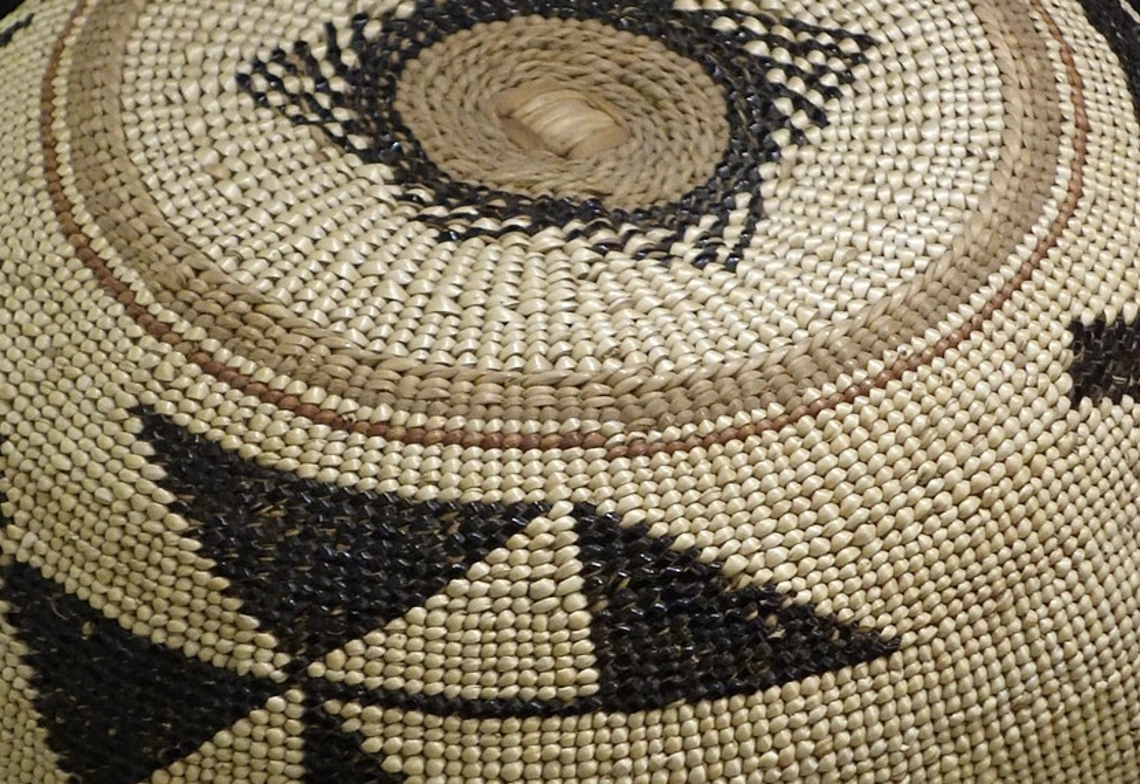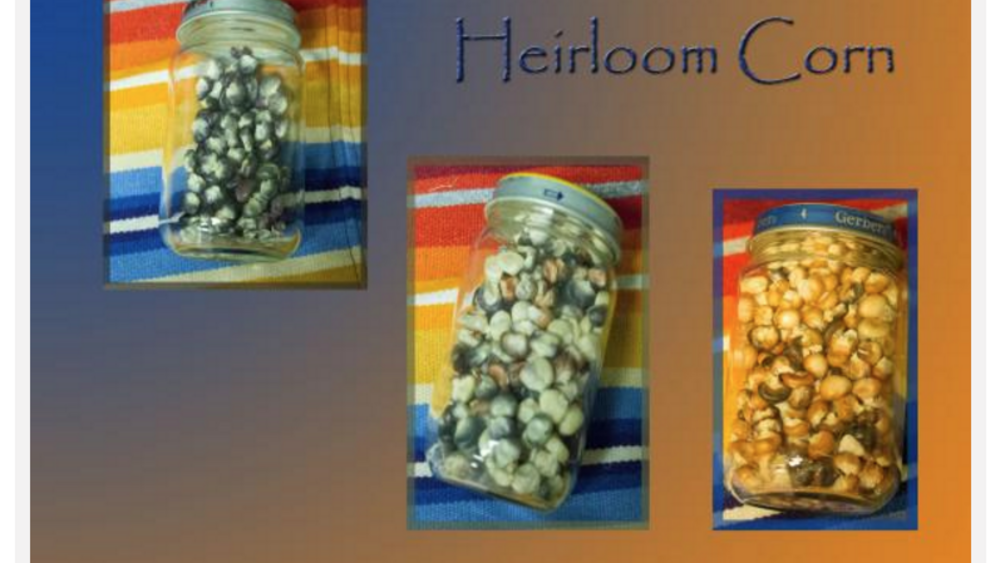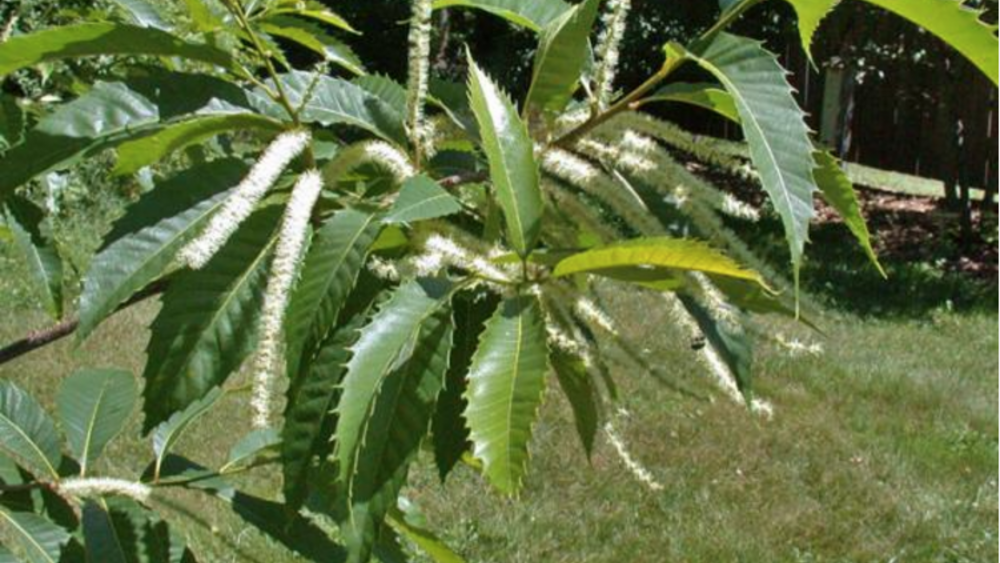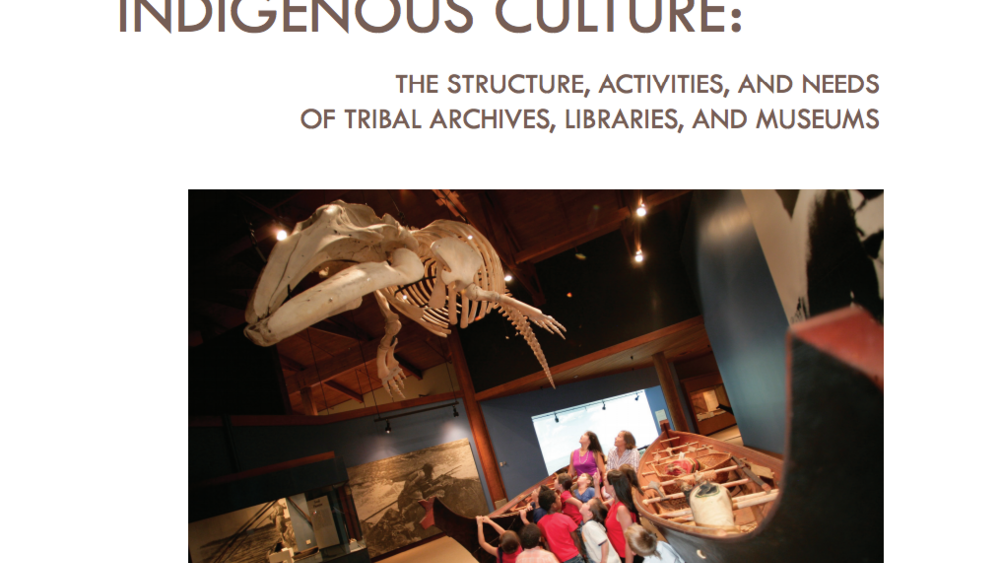U.S. Copyright Laws privilege western intellectual property systems and function as an enforcement tool for ongoing colonial rule over our documented traditional Karuk knowledge. Karuk cultural heritage documentation is currently and has historically been subject to United States Copyright laws, which has resulted in legacies of legal dispossession of these records from the Karuk Tribe and Karuk People. Non-Karuk institutions and individuals claim legal ownership and/or possession of the vast majority of documented Karuk cultural materials, actively or passively maintaining these legacies that leave the Karuk Tribe and Karuk People without legal rights to control the circulation of, access to, and control over documented knowledge.
Additional Information
Karuk Cultural Information & Knowledge Policy Statement: Sípnuuk Digital Library, Archives and Museum. March 10, 2016. Karuk Tribal Council. https://sipnuuk.karuk.us/system/files/atoms/file/ATALM17_Cultural%20Information%20Policy_final.pdf




